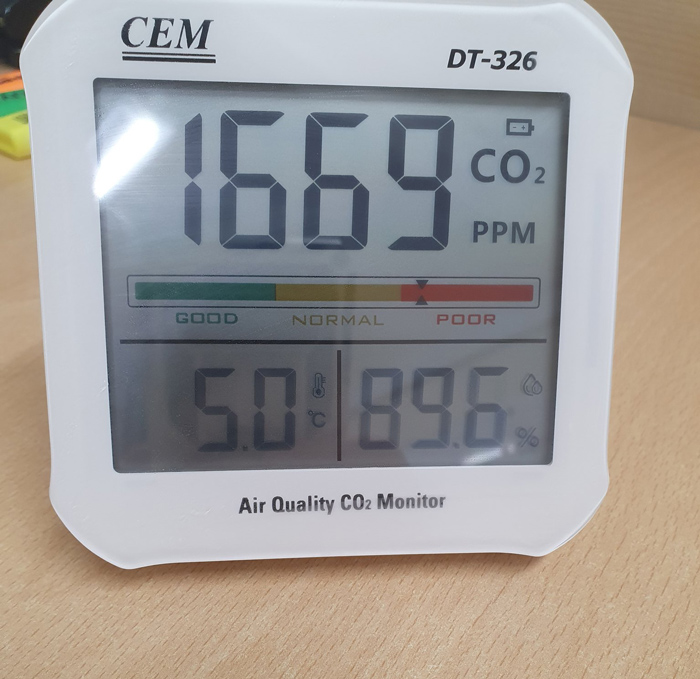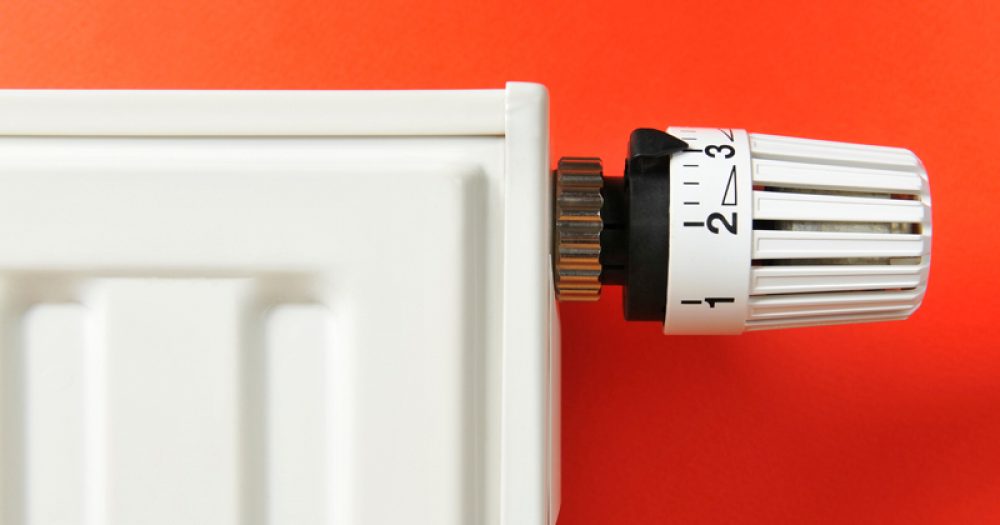Schools will get enough carbon dioxide (CO2) monitors to put one in every classroom, the DfE has announced, as figures show a steep rise in the number of severe flu cases in England.
The Department for Education (DfE) told headteachers in an update on Thursday that it would provide CO2 monitors to be placed in the “remaining 50 per cent” of classrooms.
It introduced the £25 million scheme last September to help staff identify when ventilation needed to be improved, in an effort to prevent more Covid disruption.
DfE said the extension would be backed by an additional £24 million in funding, adding that the monitors would help schools with “energy efficiency” amid soaring bills.
It added that “good ventilation” in schools remained important, “both for managing the transmission of airborne illnesses like Covid or flu, as well aiding concentration and alertness”.
Schools will also be able to apply to the reopened air cleaning unit programme, although it is not known how many units will be available.
CO2 monitors deployed as England faces winter ‘tripledemic’
NHS England data released on Thursday shows the number of people hospitalised with flu last week was more than 10 times the number seen at the beginning of December last year.
The figures were followed by a warning from the service’s national medical director, Sir Stephen Powis, that the country could face a “tripledemic” of flu, Covid and record demand on urgent and emergency services this year.

Covid cases in the UK are currently on the decline, according to the most recent official data available. In the week to November 12, there were 20,588 recorded cases – a 16 per cent fall on the previous week.
A DfE spokesperson said: “With the onset of the cold flu season and as energy costs remain high, carbon dioxide monitors for all teaching spaces will help teachers make sure every room is well-ventilated, while not wasting energy by opening windows where that isn’t necessary to maintain good ventilation.”
So far, the DfE has provided 386,000 monitors across education settings, and 8,026 air-cleaning units.
The ASCL school leaders’ union welcomed the latest move.
But business leadership specialist Hayley Dunn said it “would have been better if this had happened earlier in the pandemic as it could have reduced the scale of Covid-related disruption in schools and colleges, but it is better late than never”.
ASCL also called for “more investment in modernising school buildings, many of which are relatively old and suffer from poor ventilation”.
The DfE said capital funding, including £1.8 billion committed this financial year, could be used to invest in improving ventilation and indoor air quality.
Details vague on air-cleaning units
The new funding will supply schools with around 360,000 extra monitors, but the DfE is yet to confirm the number of air-cleaning units available.
It said units these would be available for schools with classrooms where it is not possible to “maintain adequate ventilation” and where CO2 levels were consistently over 1500ppm.
In its announcement, the DfE linked to government-backed research which showed high CO2 levels were associated with headaches and poor concentration.
Schools will not need to apply for monitors. Instead, the DfE said it would send them a notification in advance to confirm the date of deliveries, which start on Monday.
Schools Week revealed last November that some of the schools receiving the first batch of monitors said they had no impact.
In classrooms where carbon dioxide levels were up to three times higher than those recommended by the Health and Safety Executive (HSE), advice to open a window did not always work.
A Unison survey published earlier this month found that only a quarter (26 per cent) of school support staff said their schools were still actively monitoring CO2 levels in all classrooms.
Meanwhile, only around one in six – 16 per cent – said their school was ensuring good ventilation in all areas.
Applications for the air cleaning units have already reopened, with schools able to apply for units for up to five rooms.
A total of 9,000 air cleaning units were pledged for schools under former education secretary Nadhim Zahawi.
DfE data in January showed that around one in five schools requesting the units for classrooms had their bids rejected.
















Your thoughts